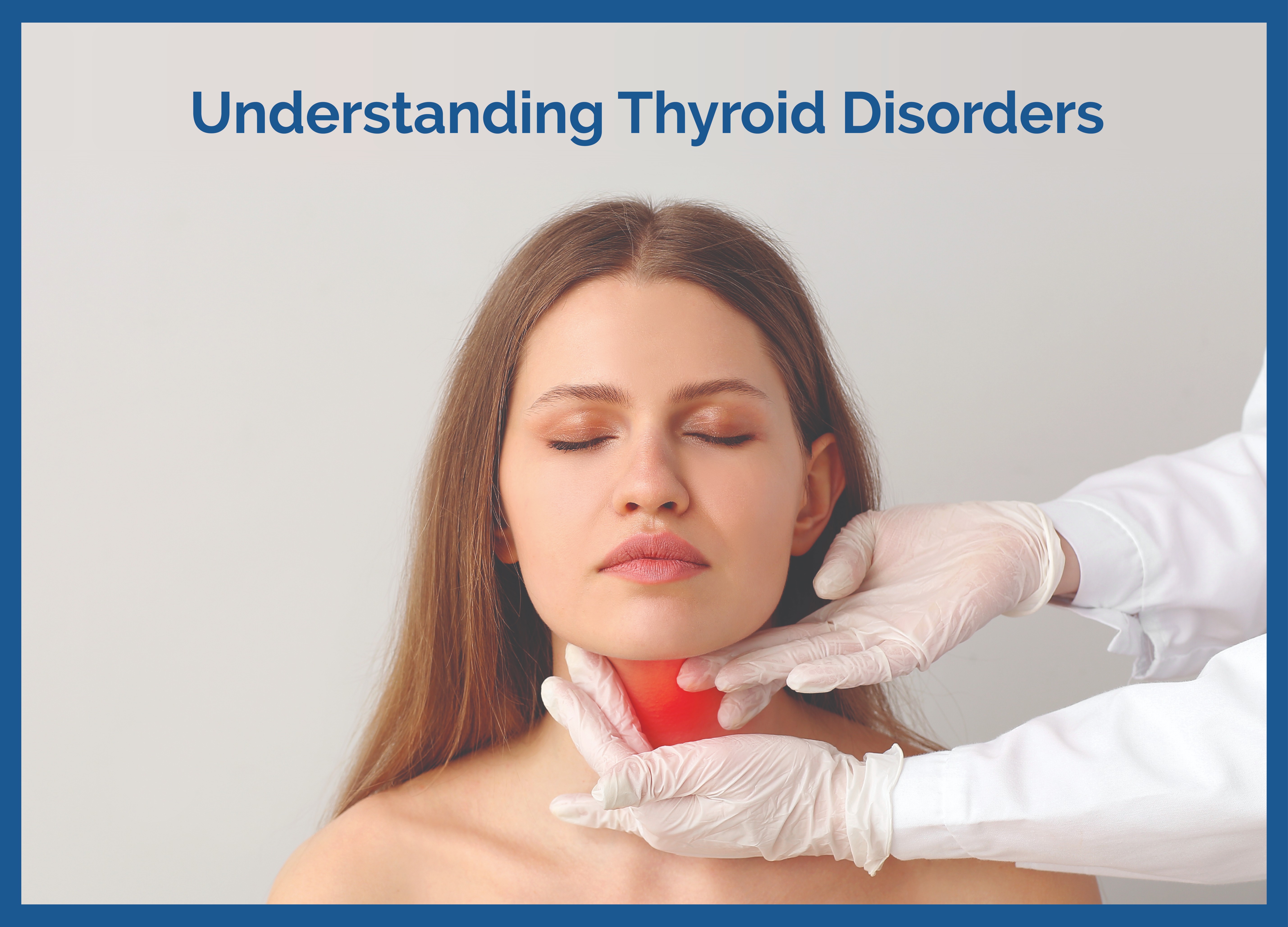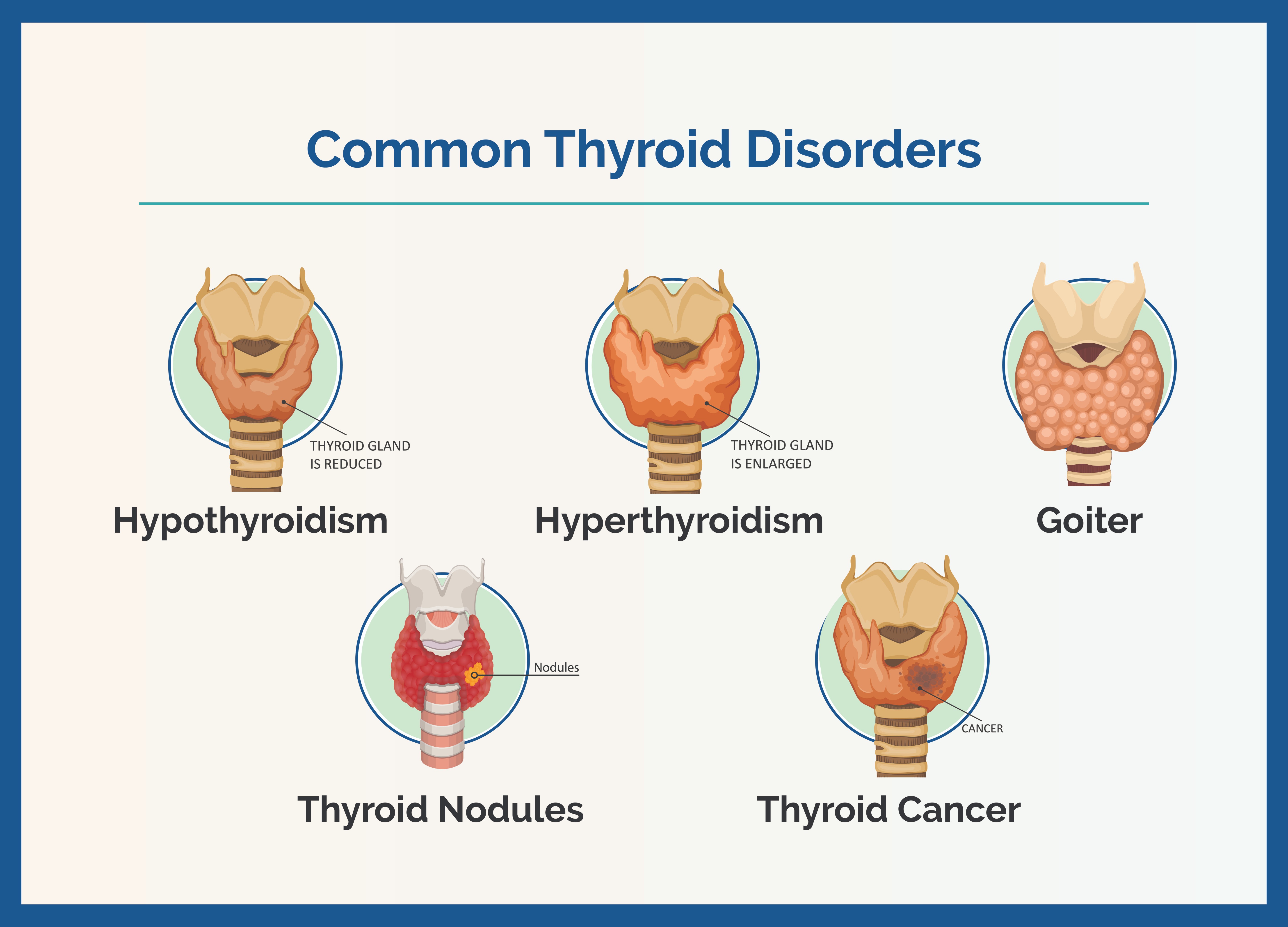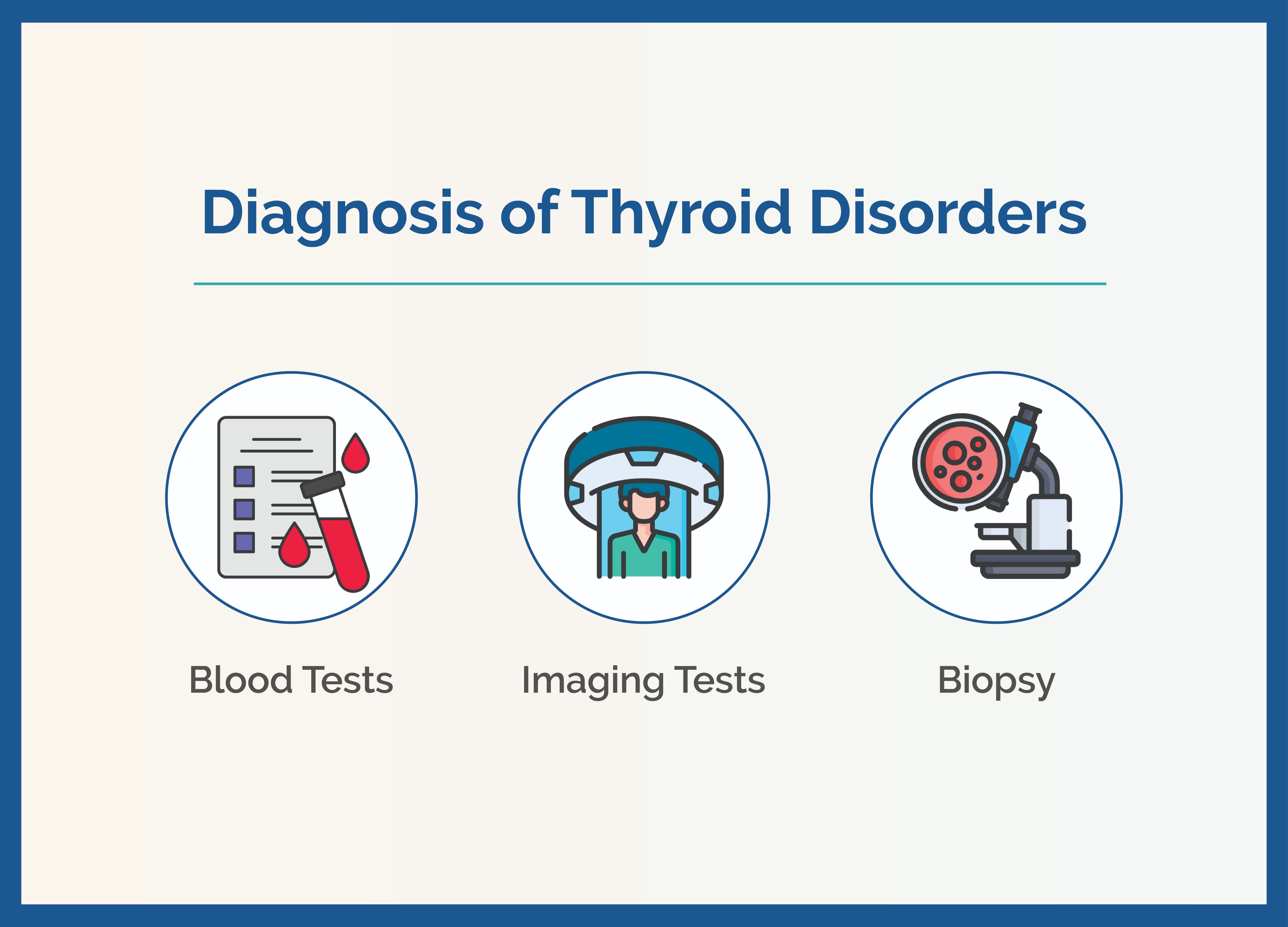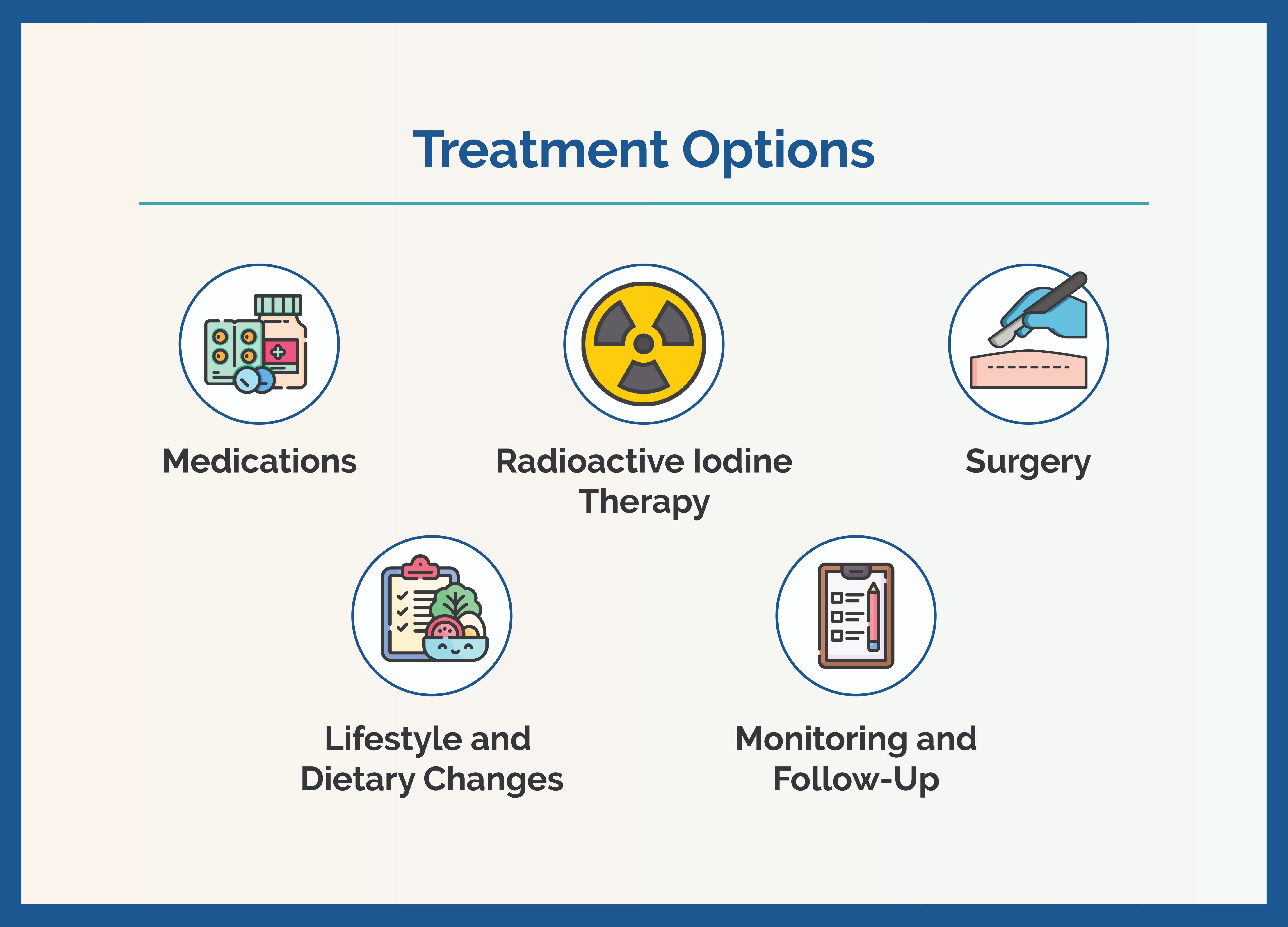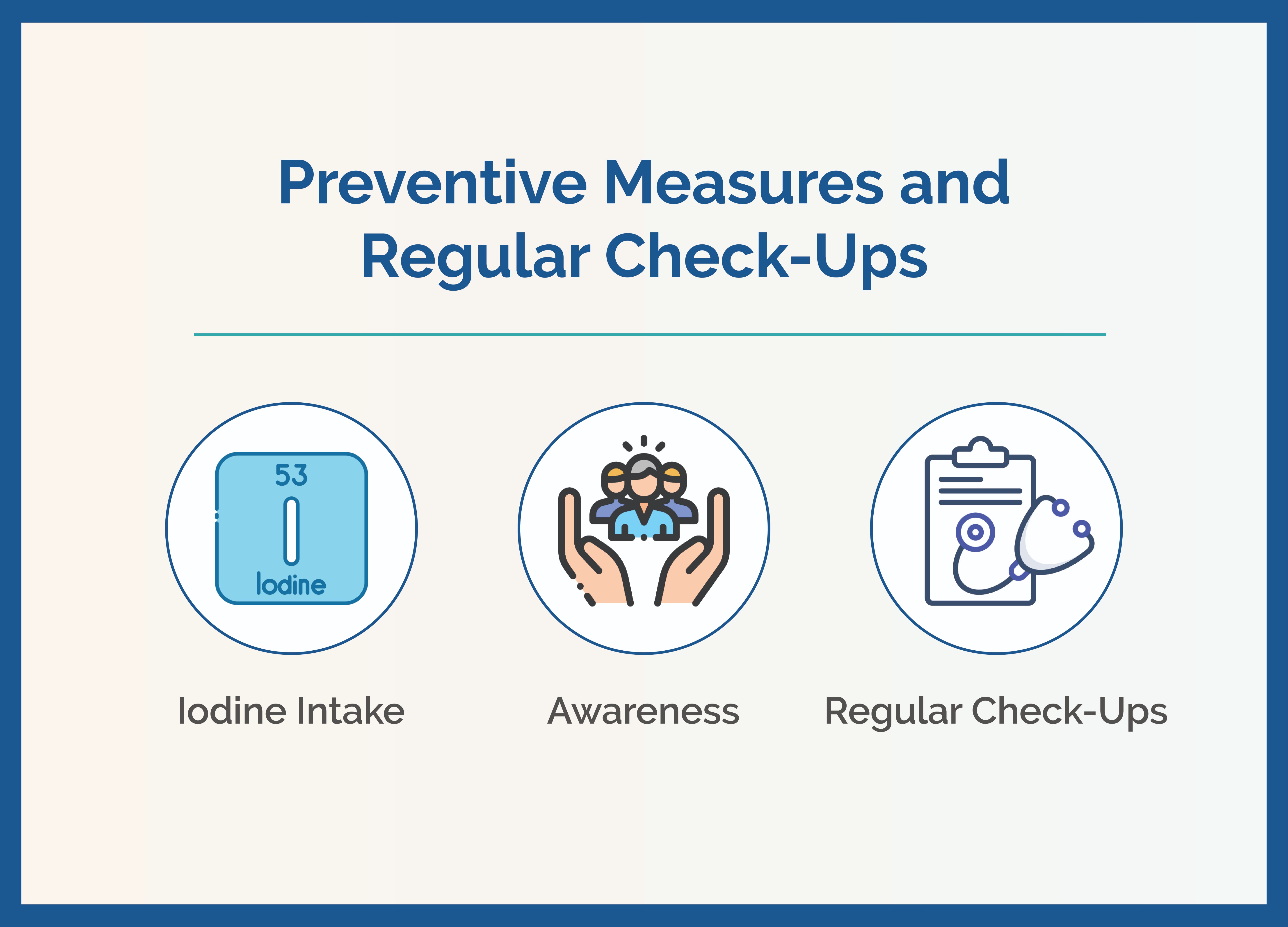Dr. Shreya Sharma is a renowned endocrinologist in Dehradun, specializing in the
diagnosis and
treatment of thyroid disorders. With extensive experience and expertise, Dr. Sharma is committed to
providing personalized care to patients dealing with various thyroid conditions. Dr. Shreya Sharma
emphasizes a holistic approach to managing thyroid disorders, focusing on both medical treatment and
lifestyle modifications. Her patient-centric care includes regular follow-ups, dietary guidance, and
support for maintaining overall well-being. For individuals in Dehradun seeking expert care for thyroid
disorders, Dr. Shreya Sharma offers a compassionate and knowledgeable approach to ensure optimal
thyroid health and overall wellness.
